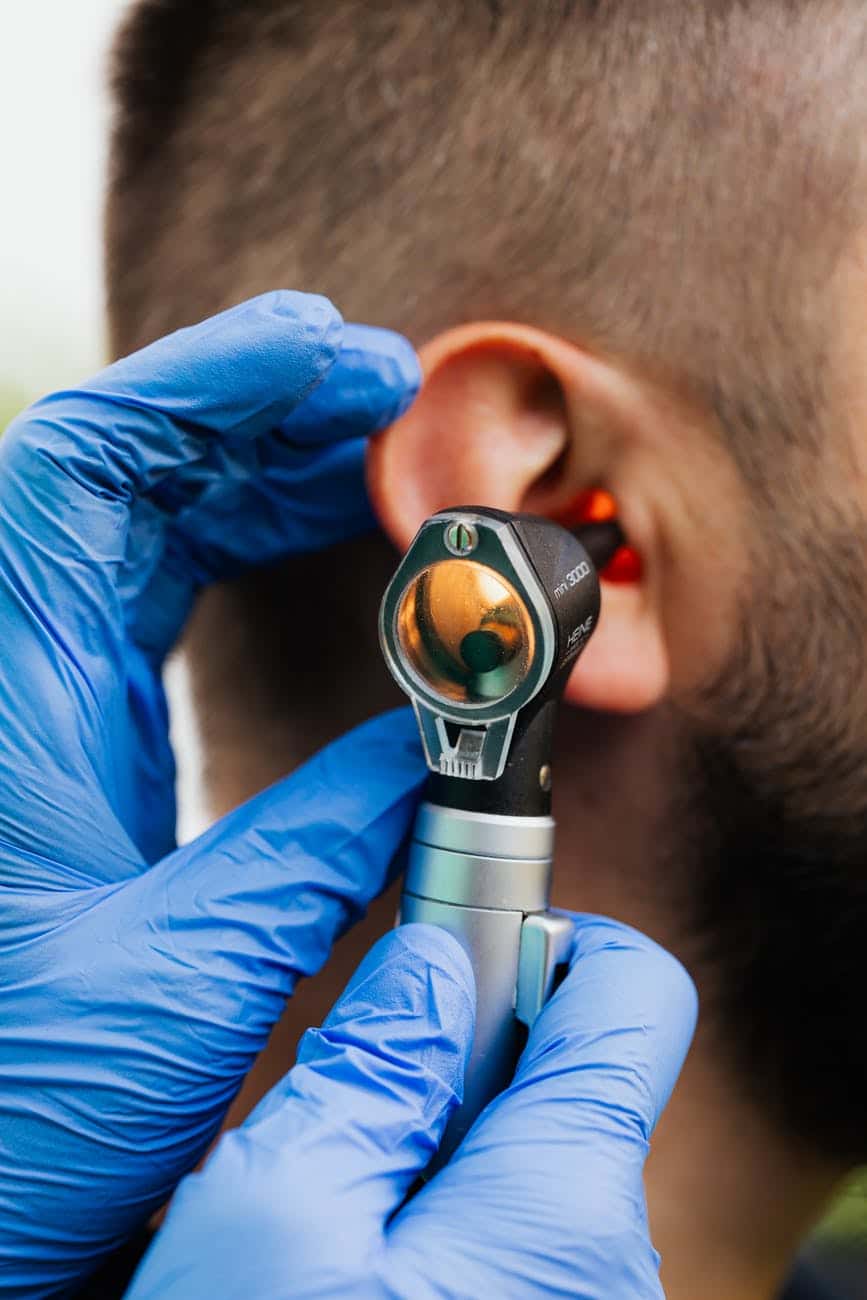What comes to mind when you think about what audiologists do? Many people think of things like conducting hearing tests and fitting hearing aids. Both these things are true, but the role of audiologists is much more involved. In some cases, they play a key role in identifying cognitive decline early.
What Do Audiologists Do?

Audiologists are health care professionals who are trained to identify, diagnose and manage your hearing, balance and tinnitus problems. Most hold doctorates in audiology (Au.D.), which are four-year graduate degrees.
Audiologists conduct audiologic exams, which consist of a series of hearing tests, in order to determine your exact type and degree of hearing loss. With this information, your audiologist can put together a treatment plan, which typically includes the use of a hearing aid. Your audiologist is responsible for selecting, fitting and programming the aids to meet your unique hearing and listening needs.
In addition to treating hearing loss after it has occurred, audiologists can help you prevent hearing loss through hearing conservation programs and custom hearing protection. Audiologists are also responsible for evaluating and treating a wide range of balance disorders.
The Link Between Hearing and Cognition
The reason audiologists are often in a situation to identify cognitive decline is because hearing and cognition are closely related. In fact, research by Johns Hopkins shows that people with mild hearing loss have double the risk of developing dementia, those with moderate loss have three times the risk, and those with severe loss have five times the risk.
It’s unclear exactly what the nature of this link is, but researchers believe there may be a common pathology that underlies both hearing loss and dementia. Another theory is that hearing loss leads to socially isolate and forego activities you once enjoyed like bingo at the Gifford Community Center, a well-known risk factor for dementia.
How Audiologists Can Identify Cognitive Decline
New technology from Cognivue called Thrive utilizes FDA-approved technology to test for cognitive function. Audiologists can administer this computerized test in just five minutes, which evaluates three cognitive domains: memory, visuospatial and executive function. Thrive also measures reaction time and speed processing. Audiologists, neurologists and other professionals may use this device when cognitive decline is suspected. For more information about the link between hearing and cognitive decline or to schedule an appointment with an audiologist, call Aaron’s Hearing Aid & Audiology Center today.
